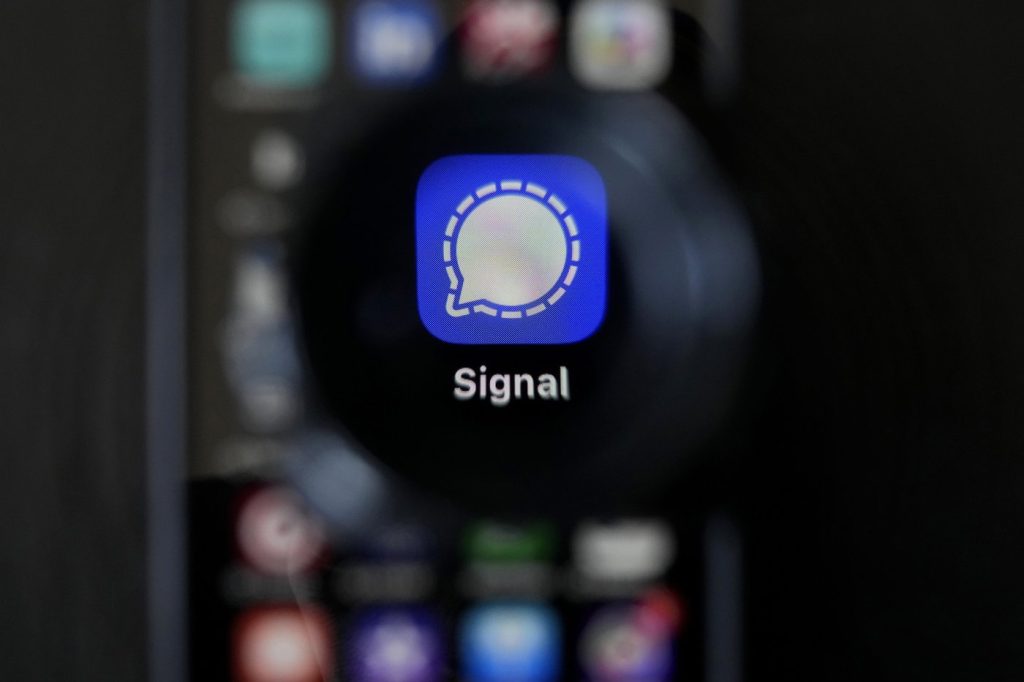The recent devastation caused by the wildfire that swept through Maui has prompted scrutiny towards the emergency management's communication practices. As the death toll surpassed 100, a series of text messages exchanged among emergency management personnel surfaced, providing crucial insights into the government's response during the crisis. One notable exchange suggested the potential use of Signal, an encrypted messaging app, which raised concerns regarding transparency and public record laws.
Signal is recognized for its end-to-end encryption and features that allow messages to delete automatically. While these security measures enhance privacy, they pose challenges regarding compliance with open records laws designed to uphold transparency in government operations. The absence of specialized archiving software means that communications on such platforms often evade public scrutiny, resulting in gaps in accountability.
An investigation by the Associated Press (AP) revealed over 1,100 government workers and elected officials from various states maintain accounts on encrypted platforms, including Signal. These accounts are not inherently indicative of malfeasance; however, many were discovered to be linked to government-issued cell phone numbers, while some were registered to personal numbers as well. The AP's findings indicate that the extent of use of these apps may be greater, as some accounts are deliberately made unsearchable.
Instances of improper utilization of encrypted apps have emerged across multiple states over the past decade, with notable cases reported in Missouri, Oregon, Oklahoma, and Maryland. These incidents typically arose from leaked messages that undermined the intended privacy of communications. The underlying issue lies in the struggle to balance the necessity for secure communications against the public's right to oversee governmental operations.
Despite widespread concerns about cybersecurity and the risks of data breaches, the adoption of encrypted messaging by government officials can detract from institutional transparency. Apps like Signal and WhatsApp encrypt messages to limit access to authorized recipients, and they often lack retention on government servers. Their design, permitting automatic deletion and disabling screenshot capabilities, promotes confidentiality but complicates adherence to public record statutes.
The U.S. Cybersecurity and Infrastructure Security Agency (CISA) has endorsed the use of encryption apps for "highly valued targets," such as senior officials handling sensitive information, recognizing their role in securing confidential communications. However, CISA does not advocate for evasive practices that circumvent public information laws.
In light of the rapid advancements in technology, public record laws have yet to adapt accordingly. Experts like Lanika Mamac from Smarsh emphasize the ongoing dilemma of ensuring both security and transparency. While there has been growing interest in how local governments archive digital communications, many continue to operate without clear regulations or restrictions concerning encrypted applications.
Noteworthy instances include directives within the New Mexico Child, Youth and Families Department that recommended the use of Signal for internal messaging, leading to legal scrutiny regarding compliance with document retention policies. Similarly, Michigan State Police were found leveraging Signal on official devices, prompting a legislative response that prohibited the use of such apps on state-issued equipment if they impeded public record requests.
Calls for reforms advocate for stronger public record laws to ensure that communications related to government business are documented and accessible to the public. David Cuillier from the Brechner Freedom of Information Project argues that while communication content, not the medium, determines public record status, many states lack enforcement measures and penalties for violations. Encouraging a culture of transparency and technological acceptance within government could aid in reversing the declining trend of government accountability.










